Retina Transplant
입력 2017.06.30 (14:20)
수정 2017.06.30 (14:34)
읽어주기 기능은 크롬기반의
브라우저에서만 사용하실 수 있습니다.
[Anchor Lead]
How would it feel to recover your lost eyesight after ten years? For the first time in Korea, a blind woman in her 50s has successfully regained her sight through an artificial retina transplant.
[Pkg]
This woman wearing specially designed glasses looks around.
[Soundbite] "I see the form."
She recognizes her husband for the first time in ten years since she completely lost sight caused by a genetic illness. She also embraces her now grown daughter.
[Soundbite] "Thank you so much."
[Soundbite] Lee Hwa-jeong (Received Artificial Retina Transplant) : "I'm truly happy to just recognize my family beside me."
Visually impaired Lee Hwa-jeong has successfully recovered vision all thanks to an artificial retina transplant operation. It's the first of its kind carried out in Korea. A retina chip is planted on the eyeball and the person identifies images taken by a camera.
[Soundbite] "This is S."
The camera attached to the glasses takes an image which is then specially processed by a portable computer and transferred to the retina chip. Cerebral nerves are then stimulated and perceive the transmitted image.
[Soundbite] Prof. Yoon Yeong-hee (Asan Medical Center) : "It's quite a difficult operation combining all techniques used by regular retina physicians."
This artificial retina transplant has benefited only about 230 patients worldwide. It's only been implemented in a handful of countries including the US and Britain. Some ten-thousand visually impaired Koreans who suffer from genetic retina disorders can also regain eyesight through this operation. The number one obstacle however is the steep cost of surgery at nearly 200 million won.
How would it feel to recover your lost eyesight after ten years? For the first time in Korea, a blind woman in her 50s has successfully regained her sight through an artificial retina transplant.
[Pkg]
This woman wearing specially designed glasses looks around.
[Soundbite] "I see the form."
She recognizes her husband for the first time in ten years since she completely lost sight caused by a genetic illness. She also embraces her now grown daughter.
[Soundbite] "Thank you so much."
[Soundbite] Lee Hwa-jeong (Received Artificial Retina Transplant) : "I'm truly happy to just recognize my family beside me."
Visually impaired Lee Hwa-jeong has successfully recovered vision all thanks to an artificial retina transplant operation. It's the first of its kind carried out in Korea. A retina chip is planted on the eyeball and the person identifies images taken by a camera.
[Soundbite] "This is S."
The camera attached to the glasses takes an image which is then specially processed by a portable computer and transferred to the retina chip. Cerebral nerves are then stimulated and perceive the transmitted image.
[Soundbite] Prof. Yoon Yeong-hee (Asan Medical Center) : "It's quite a difficult operation combining all techniques used by regular retina physicians."
This artificial retina transplant has benefited only about 230 patients worldwide. It's only been implemented in a handful of countries including the US and Britain. Some ten-thousand visually impaired Koreans who suffer from genetic retina disorders can also regain eyesight through this operation. The number one obstacle however is the steep cost of surgery at nearly 200 million won.
■ 제보하기
▷ 카카오톡 : 'KBS제보' 검색, 채널 추가
▷ 전화 : 02-781-1234, 4444
▷ 이메일 : kbs1234@kbs.co.kr
▷ 유튜브, 네이버, 카카오에서도 KBS뉴스를 구독해주세요!
- Retina Transplant
-
- 입력 2017-06-30 14:16:14
- 수정2017-06-30 14:34:53
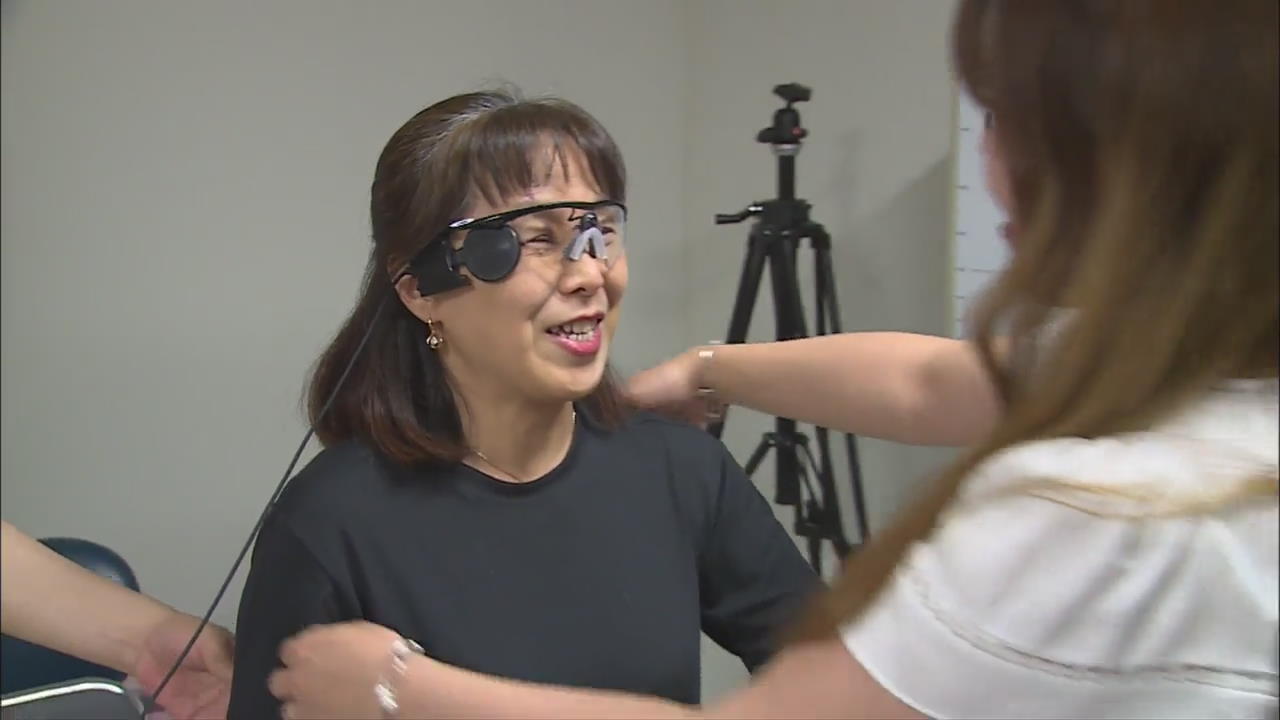
[Anchor Lead]
How would it feel to recover your lost eyesight after ten years? For the first time in Korea, a blind woman in her 50s has successfully regained her sight through an artificial retina transplant.
[Pkg]
This woman wearing specially designed glasses looks around.
[Soundbite] "I see the form."
She recognizes her husband for the first time in ten years since she completely lost sight caused by a genetic illness. She also embraces her now grown daughter.
[Soundbite] "Thank you so much."
[Soundbite] Lee Hwa-jeong (Received Artificial Retina Transplant) : "I'm truly happy to just recognize my family beside me."
Visually impaired Lee Hwa-jeong has successfully recovered vision all thanks to an artificial retina transplant operation. It's the first of its kind carried out in Korea. A retina chip is planted on the eyeball and the person identifies images taken by a camera.
[Soundbite] "This is S."
The camera attached to the glasses takes an image which is then specially processed by a portable computer and transferred to the retina chip. Cerebral nerves are then stimulated and perceive the transmitted image.
[Soundbite] Prof. Yoon Yeong-hee (Asan Medical Center) : "It's quite a difficult operation combining all techniques used by regular retina physicians."
This artificial retina transplant has benefited only about 230 patients worldwide. It's only been implemented in a handful of countries including the US and Britain. Some ten-thousand visually impaired Koreans who suffer from genetic retina disorders can also regain eyesight through this operation. The number one obstacle however is the steep cost of surgery at nearly 200 million won.
How would it feel to recover your lost eyesight after ten years? For the first time in Korea, a blind woman in her 50s has successfully regained her sight through an artificial retina transplant.
[Pkg]
This woman wearing specially designed glasses looks around.
[Soundbite] "I see the form."
She recognizes her husband for the first time in ten years since she completely lost sight caused by a genetic illness. She also embraces her now grown daughter.
[Soundbite] "Thank you so much."
[Soundbite] Lee Hwa-jeong (Received Artificial Retina Transplant) : "I'm truly happy to just recognize my family beside me."
Visually impaired Lee Hwa-jeong has successfully recovered vision all thanks to an artificial retina transplant operation. It's the first of its kind carried out in Korea. A retina chip is planted on the eyeball and the person identifies images taken by a camera.
[Soundbite] "This is S."
The camera attached to the glasses takes an image which is then specially processed by a portable computer and transferred to the retina chip. Cerebral nerves are then stimulated and perceive the transmitted image.
[Soundbite] Prof. Yoon Yeong-hee (Asan Medical Center) : "It's quite a difficult operation combining all techniques used by regular retina physicians."
This artificial retina transplant has benefited only about 230 patients worldwide. It's only been implemented in a handful of countries including the US and Britain. Some ten-thousand visually impaired Koreans who suffer from genetic retina disorders can also regain eyesight through this operation. The number one obstacle however is the steep cost of surgery at nearly 200 million won.
이 기사가 좋으셨다면
-
좋아요
0
-
응원해요
0
-
후속 원해요
0










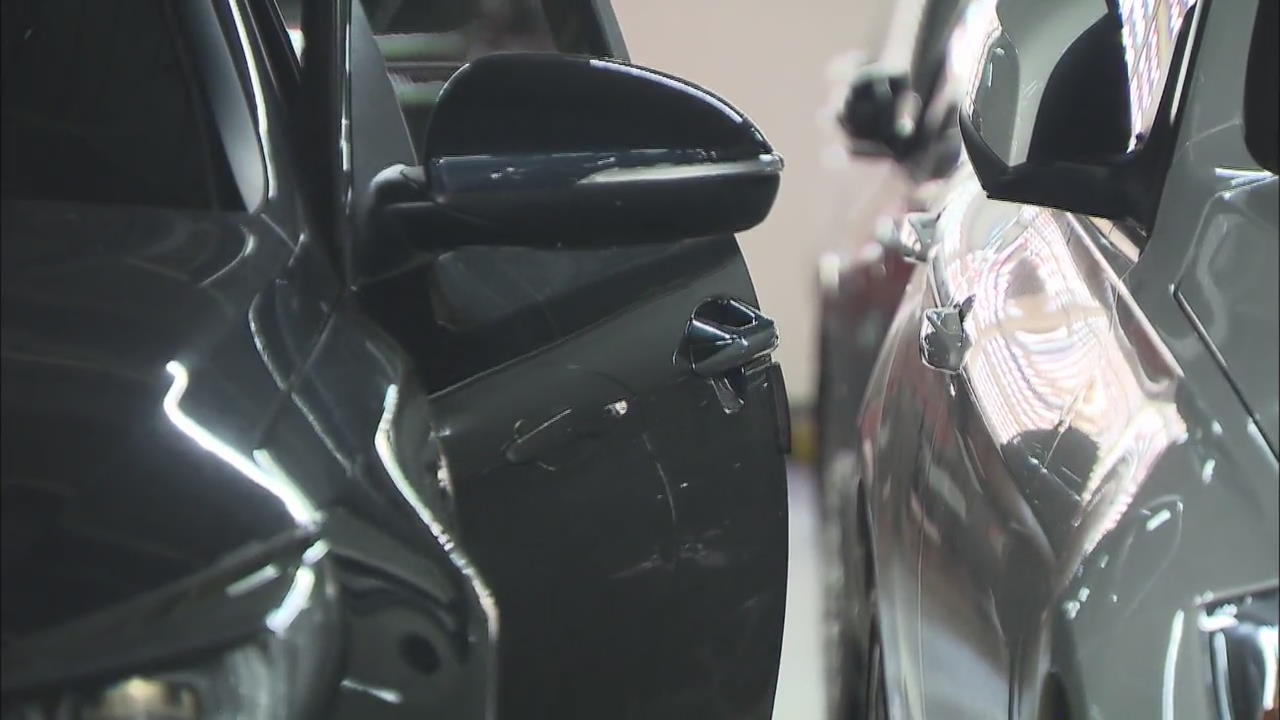
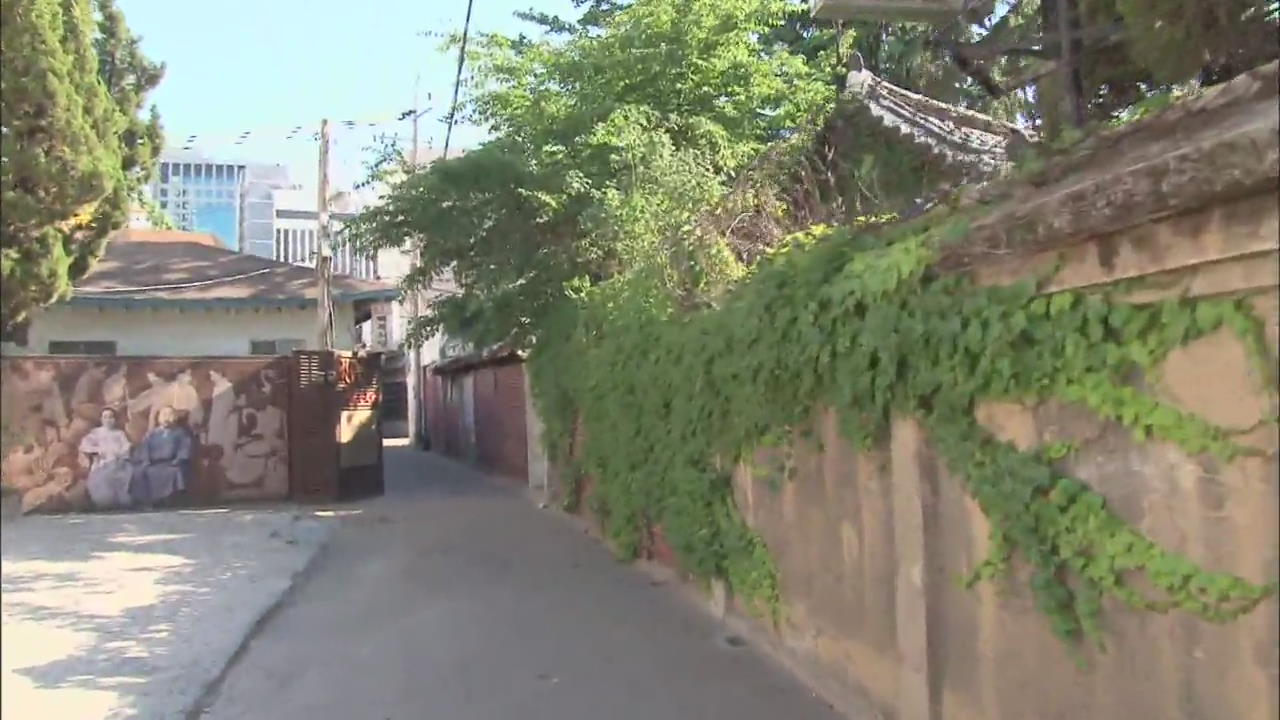
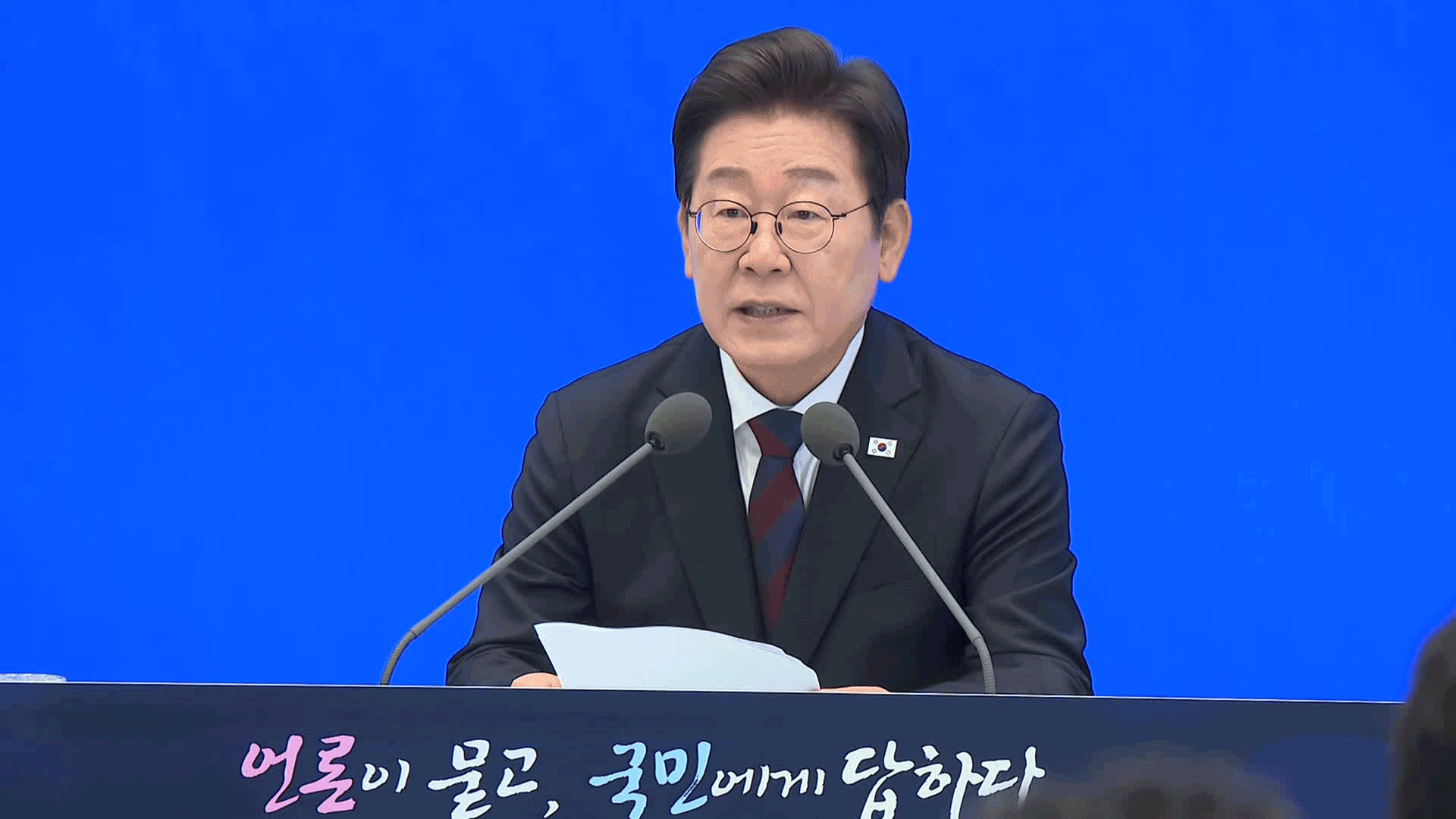
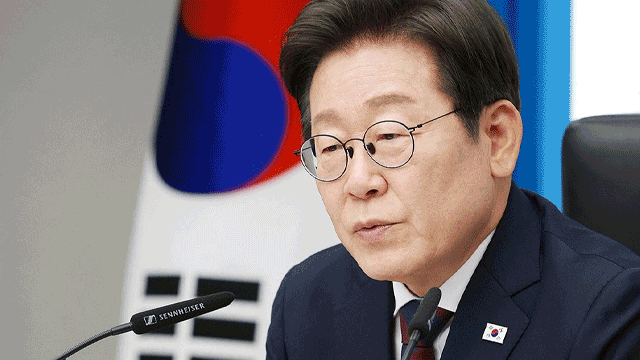
![[단독] 김민석 총리, 취임 첫 일정으로 ‘송미령 반대’ 농민단체 농성장 방문](/data/news/2025/07/03/20250703_YUTdgQ.png)
![[단독] ‘스테로이드’부터 ‘임신중지약’까지…해외 의약품 불법 유통 11만 건](/data/news/2025/07/03/20250703_qpUU1y.png)

이 기사에 대한 의견을 남겨주세요.